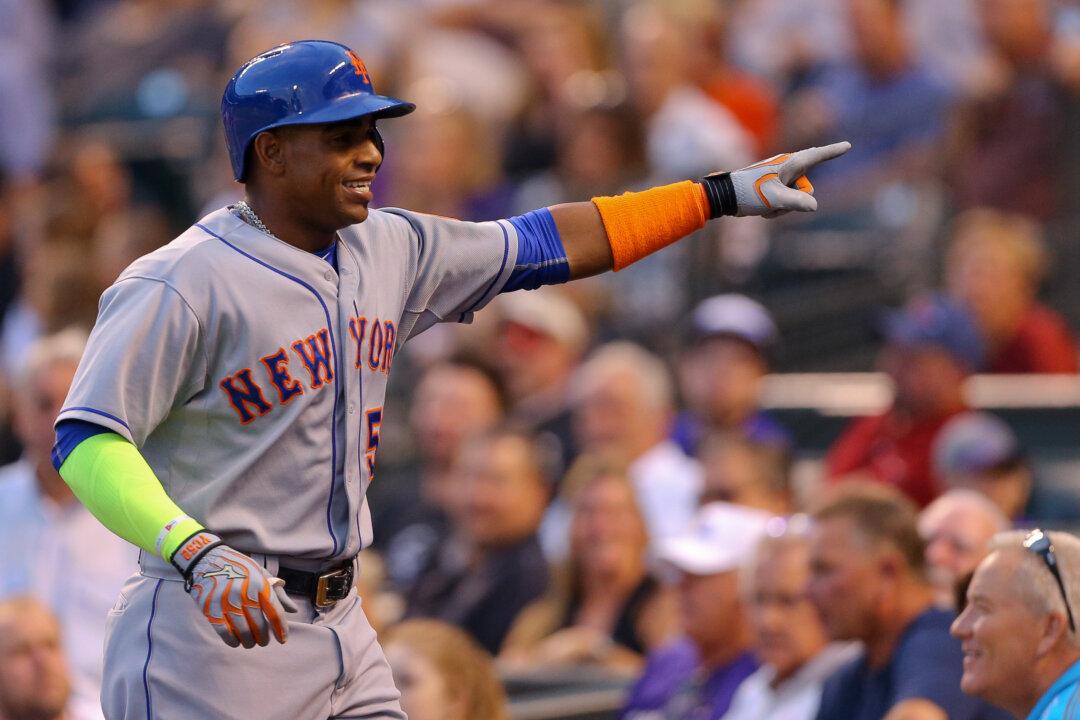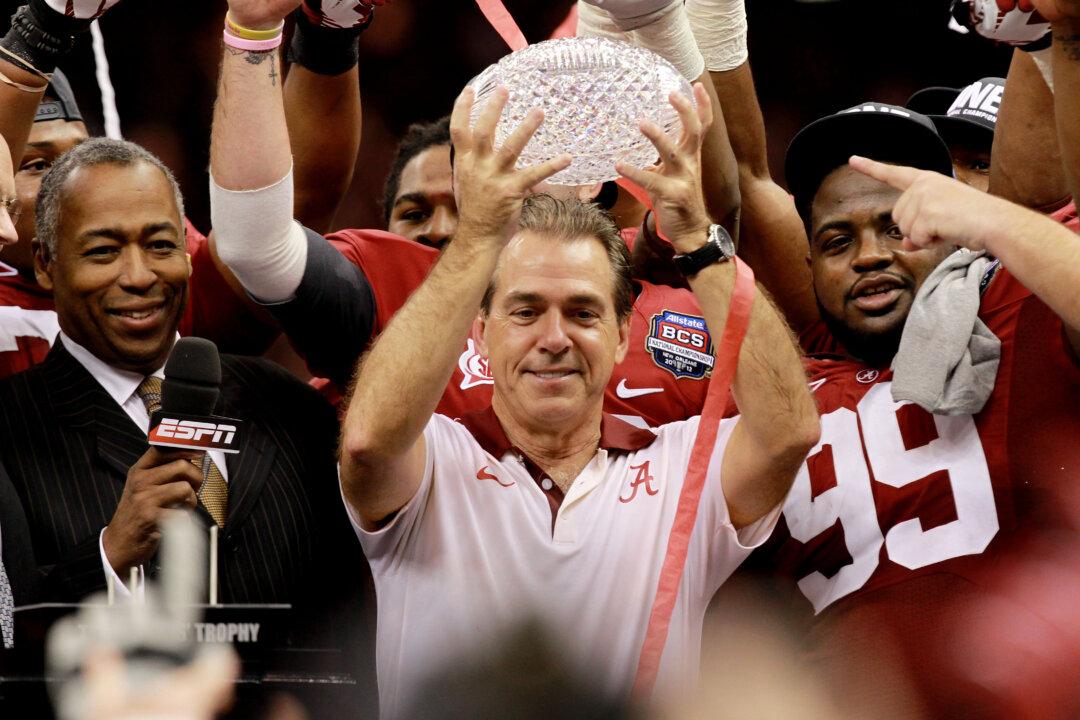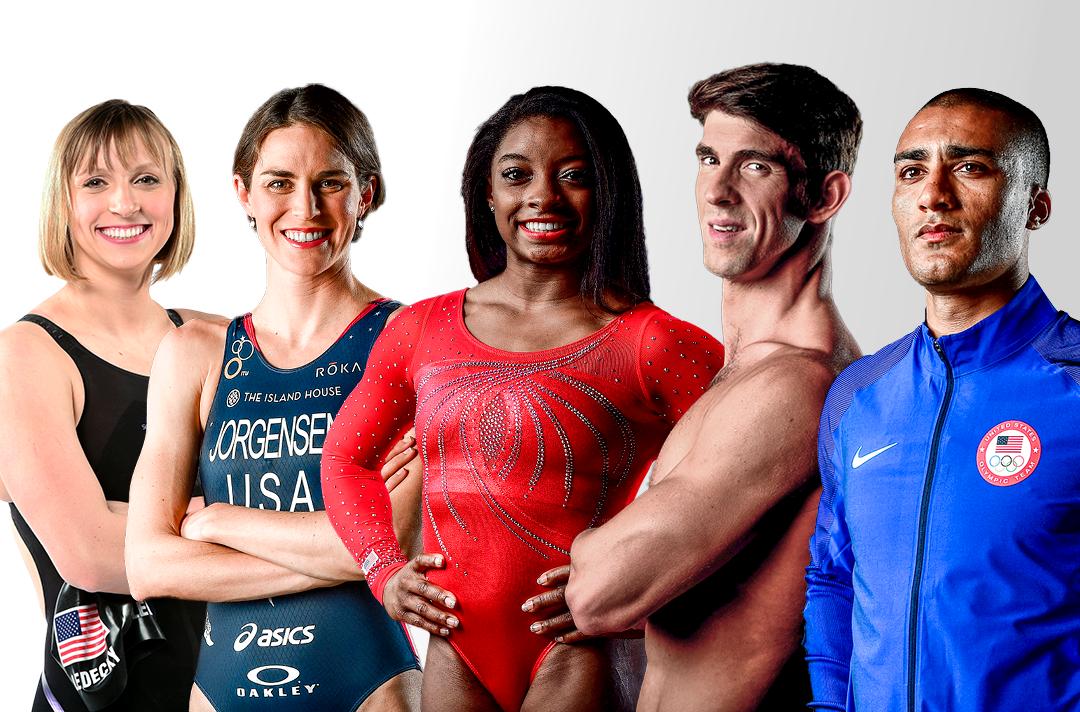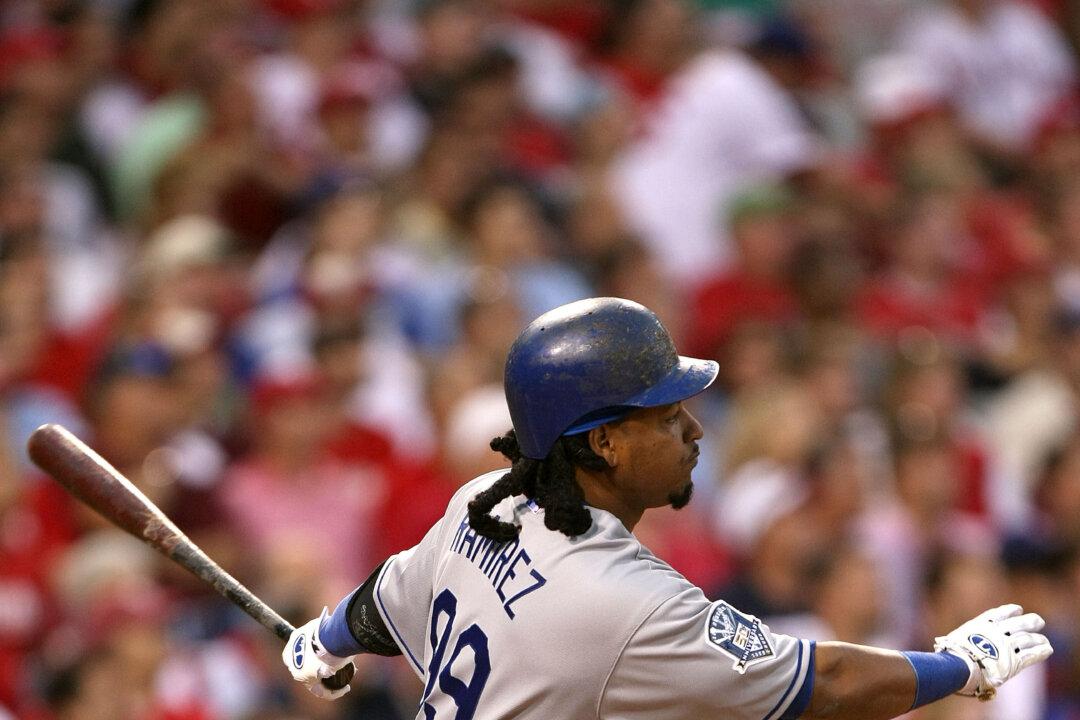To say that Yoenis Céspedes has been a good acquisition by the Mets is an understatement. Acquired from the Tigers just hours before the July 31 trade deadline, the slugging outfielder is hitting .310/.355/.684 (average/on-base/slugging) in his 39 games with New York (through Saturday) with 16 home runs, 41 RBIs, and 35 runs scored.
More importantly the Mets are 28–11 since and have completely distanced themselves from the Washington Nationals in the NL East.
Is it all the doing of Céspedes? Not quite, but he’s a big reason why. Meanwhile, he’s quickly becoming one of the best ever trade deadline acquisitions in MLB since the addition of the wild card in 1995. Here are the best:
Randy Johnson, Houston Astros 1998
Johnson pitched 22 years in the major leagues and won five Cy Young awards, led the league in strikeouts nine times, and was co-MVP of the 2001 World Series, yet his half-season as an Astro in 1998 might have been his most impressive performance of all. Dealt on July 31, Johnson got in 11 starts for Houston and won 10 of them, while compiling a microscopic 1.28 ERA and throwing four complete game shutouts, in helping the Astros to the postseason. Despite a 1.93 ERA in the playoffs though, Johnson lost both of his starts to San Diego.
Carlos Beltrán, Houston Astros in 2004
The already-out-of-contention Royals, looking to maximize their return for Beltrán, dealt the five-tool outfielder well before the trade deadline—June 24. Given that they received Mike Wood, John Buck, and Mark Teahan for Beltrán, the plan obviously failed, but for Houston it was a great three-month rental. In 90 games with the Astros, Beltrán put up a batting line of .258/.368/.559 with 23 home runs and 53 RBIs—not bad. But in the postseason—his first ever—Beltrán came alive, hitting eight home runs and driving in 14 runs and stealing 6 bases in just 12 games, while posting an insane batting line of .435/.536/1.022.






